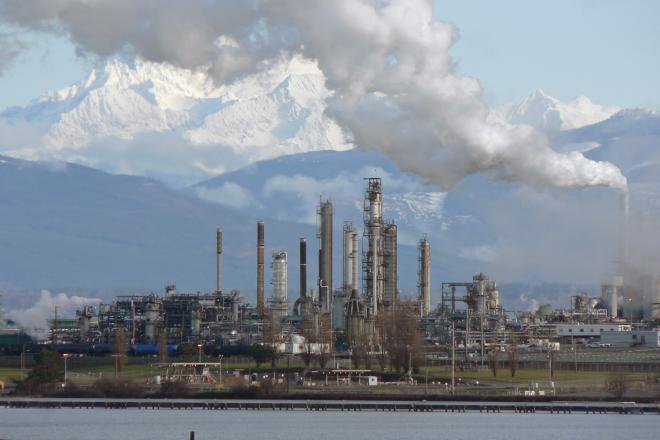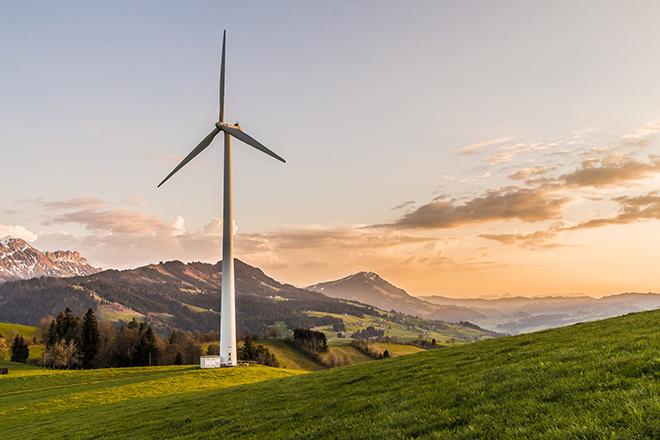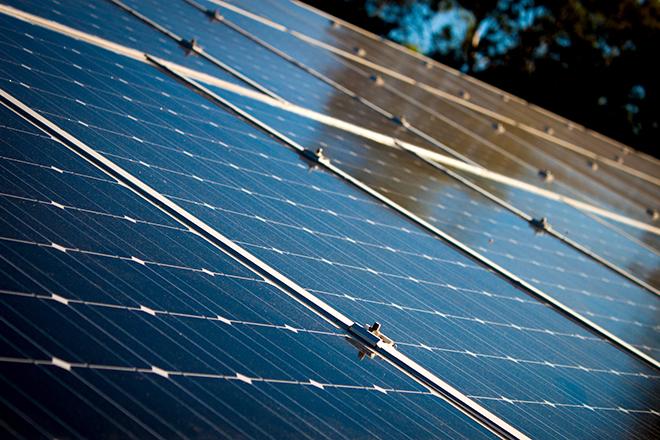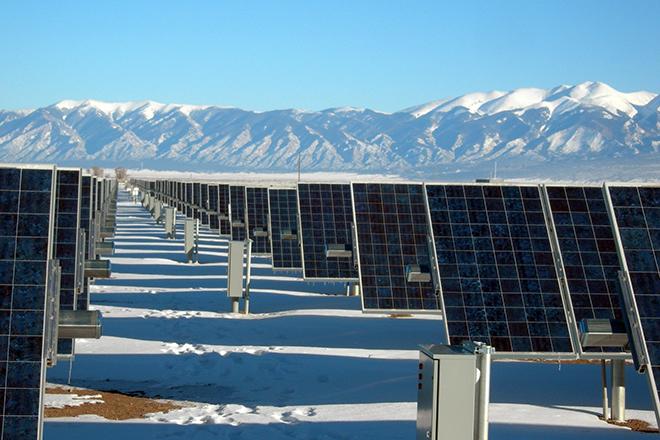Introduction to Energy and Earth Sciences Economics

Credit: Gray Laptop Computer Showing Html Codes in Shallow Focus Photography, by Negative Space from Pexels is licensed under CC0
Resource Description
Introduction to Energy and Earth Sciences is an introduction to microeconomic fundamentals with a focus on the applications of economics to energy and environmental markets. We will introduce the economic method of analysis to the environmental and resource questions facing society. We will learn about the market forces, supply and demand and how they are formed from two concepts of law of Diminishing Returns and Diminishing Marginal Utility. We extend our knowledge by exploring factors such as market dynamics and market equilibrium, government intervention and market power. At the end we will apply these concepts to real life examples and address Climate Change and Carbon Policy, Resource Scarcity and Energy Security, and Changes in the Electricity Business. Learn moreOil: International Evolution

Credit: Oil Pump Machine Under Orange Sunset from Pexels is licensed under CC0
Resource Description
Have you purchased gasoline and wondered at the price changes? Or worn your polyester jacket and wondered how it kept you warm, or been thankful your phone didn't break when you dropped it? These are just some benefits the petroleum industry brings to our world. Other aspects to the global world market involve natural disasters, wars, rumors of wars, national security, and consumer demand. Learn about oil production and how nations respond as EGEE 120 gives you a foundation of how industry interacts with you, governments, transportation, politics, and the world. You will become a more informed citizen, able to support your opinion about oil and the environment. As John McCain said, "Whoever controls oil controls much more than oil." Learn morePetroleum Processing

Credit: Anacortes Refinery by Walter Siegmund is licensed under CC BY 2.5
Resource Description
This course on petroleum refining reviews how a refinery integrates different physical processes and chemical reactions to process crude oil for the production of transportation fuels and materials according to commercial specifications and environmental regulations. Classification of crude oils using standard analytical protocols helps the refiners select the optimum conditions for the most efficient and most profitable production of fuels and materials. Understanding the basic concepts and technical objectives for each process unit provides the knowledge base necessary to convert crude oil into desired products at minimum cost and low environmental impact. A discussion of how the refinery evolved from the days of one-pot distillation into the current complex configurations will inform an outlook from present to future. Learn morePhase Relations in Reservoir Engineering

Credit: Drops of Water by ronymichaud is licensed under CC0
Resource Description
In this course, you will learn about phase relations as applied to oil and/or gas reservoir processes, enhanced oil recovery, gas pipeline transportation, natural gas processing and liquefaction, and other problems in petroleum production. The primary objective of the course is to apply the thermodynamics of phase equilibrium to the framework for phase behavior modeling of petroleum fluids. The focus of the course will be on equilibrium thermodynamics and its relevance to phase behavior predictions and phase equilibrium data description. We will attempt to apply phase behavior principles to petroleum production processes of practical interest, especially natural gas condensate systems. This course is no longer being offered for credit and has not been updated since 2010. Learn moreReactive Transport in the Subsurface

Credit: Waterfall 192984 by FrankWinkler is licensed under CC0
Resource Description
This course teaches principles of flow, transport, and reaction processes in the natural subsurface. Learn moreSustainability and Non-Market Enterprise

Credit: White Windmill by fxxu is licensed under CC0
Resource Description
The primary goal of this course is to provide a toolset for characterizing and strategizing how non-market forces can shape current and future renewable energy markets. The course approaches the exploration and explanation of key concepts in renewable energy and sustainability non-market strategies through evidence-based examples. Main topics for the course include: a sociological approach to markets, renewable energy markets, non-market conditions, complex systems analysis, and renewable energy technology and business environments. Because renewable energy costs are higher than fossil fuel cost per unit of energy, the main arguments in support of renewable energy, thus far, are functionally non-market in character, i.e., environmental (e.g., climate change), political (e.g., energy independence), and/ or social (e.g., good stewardship). Learn moreTechnologies for Sustainability Systems

Credit: Group of People Inside Building by Riccardo Bresciani is free to use
Resource Description
EME 807 overviews a wide range of contemporary technologies in the context of sustainability and examines metrics for their assessment. The course explores the main principles that guide modern science and technology towards sustainable solutions. It covers such topics as resource management technologies, waste and wastewater treatment, renewable energy technologies, high performance buildings and transportation systems, application of informatics and feedback to sustainable systems, and more. Learning in EME 807 heavily relies on real-life examples and taps into current practices of technology analysis. This course goes beyond understanding the background, fostering critical thinking and challenging the students to draw connections between social, environmental, and economic aspects of sustainable technologies. Learn moreUtility Solar Electric and Concentration

Credit: Blue Solar Panels by Carl Attard is free to use
Resource Description
EME 812 explores the main physical principles of core solar energy conversion systems, including direct power conversion photovoltaics, concentrating photovoltaics (CPV), and thermal conversion to electricity via concentrating solar power strategies (CSP). It also covers the fundamentals of enabling technologies such as light concentration, solar tracking, power conversion cycles, power conditioning and distribution. Learning in EME 812 relies on analysis of design and performance of existing solar plants that have been deployed in areas such as the southwestern USA, Spain, and North Africa. Learn moreUtility Solar Thermal and Industrial Solar Processes

Credit: Photovoltaic Panels by U.S. Department of Energy is public domain
